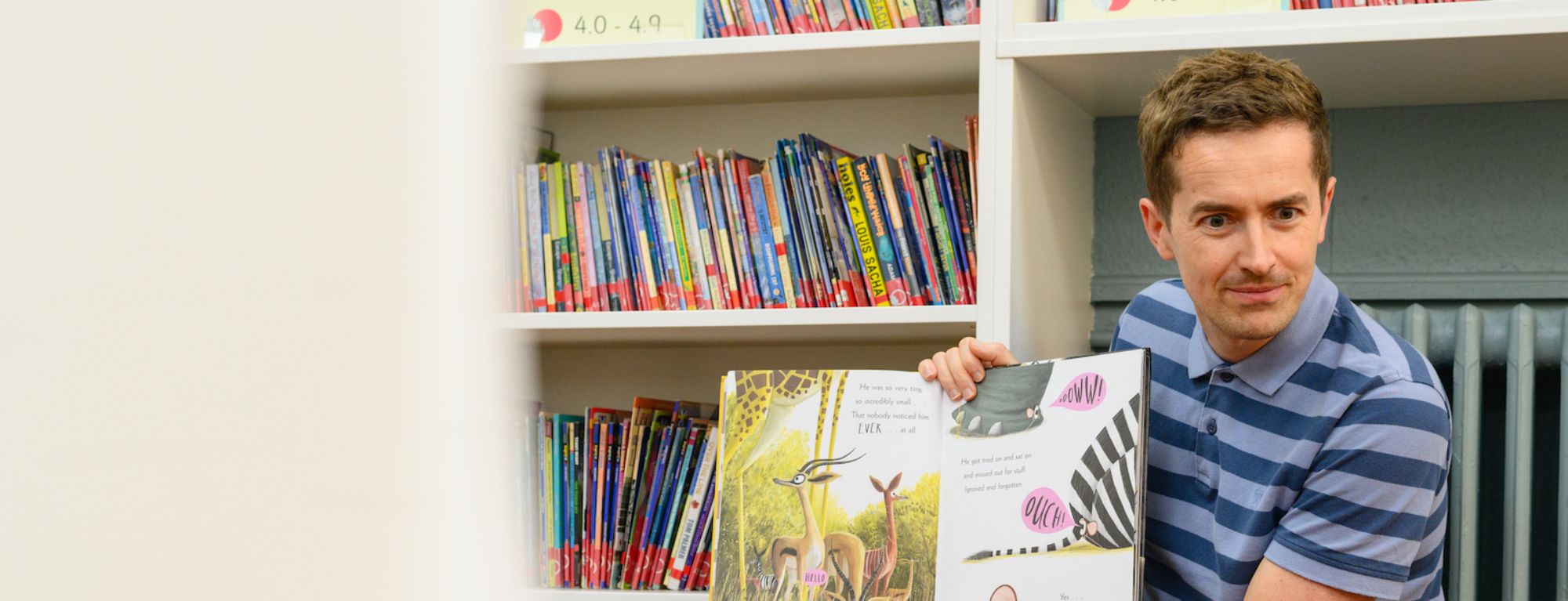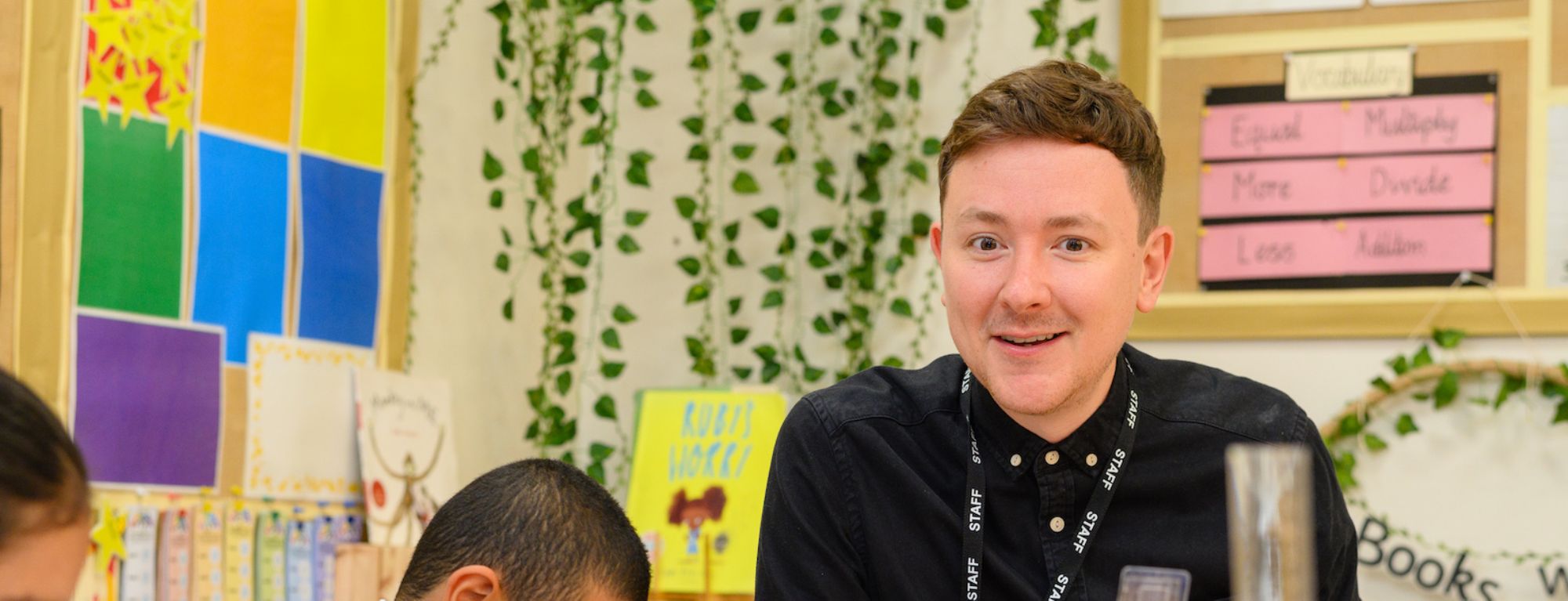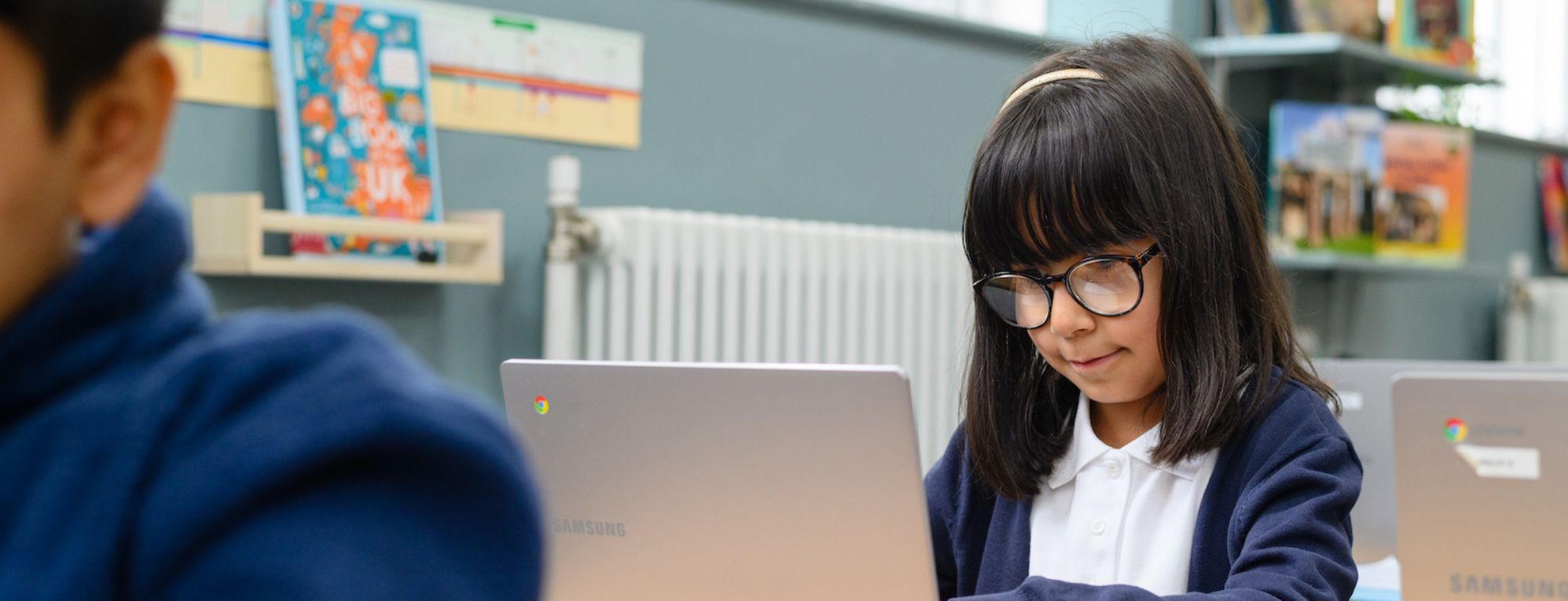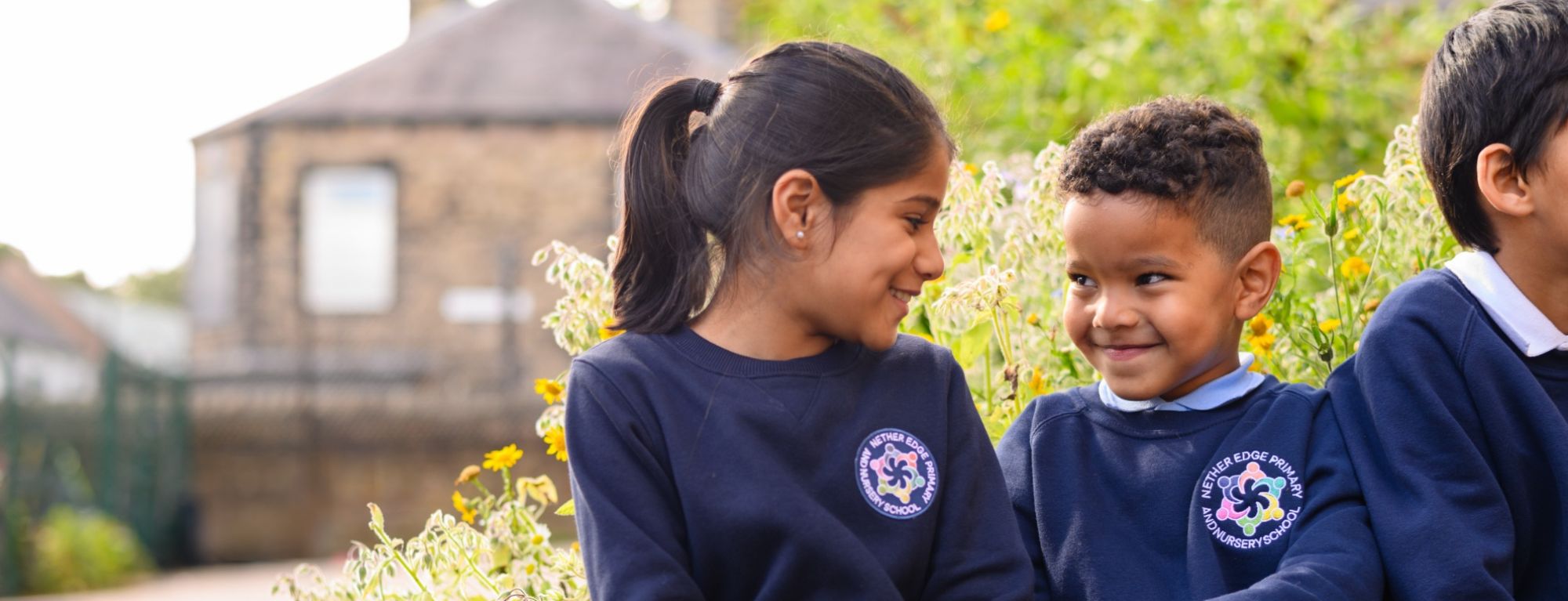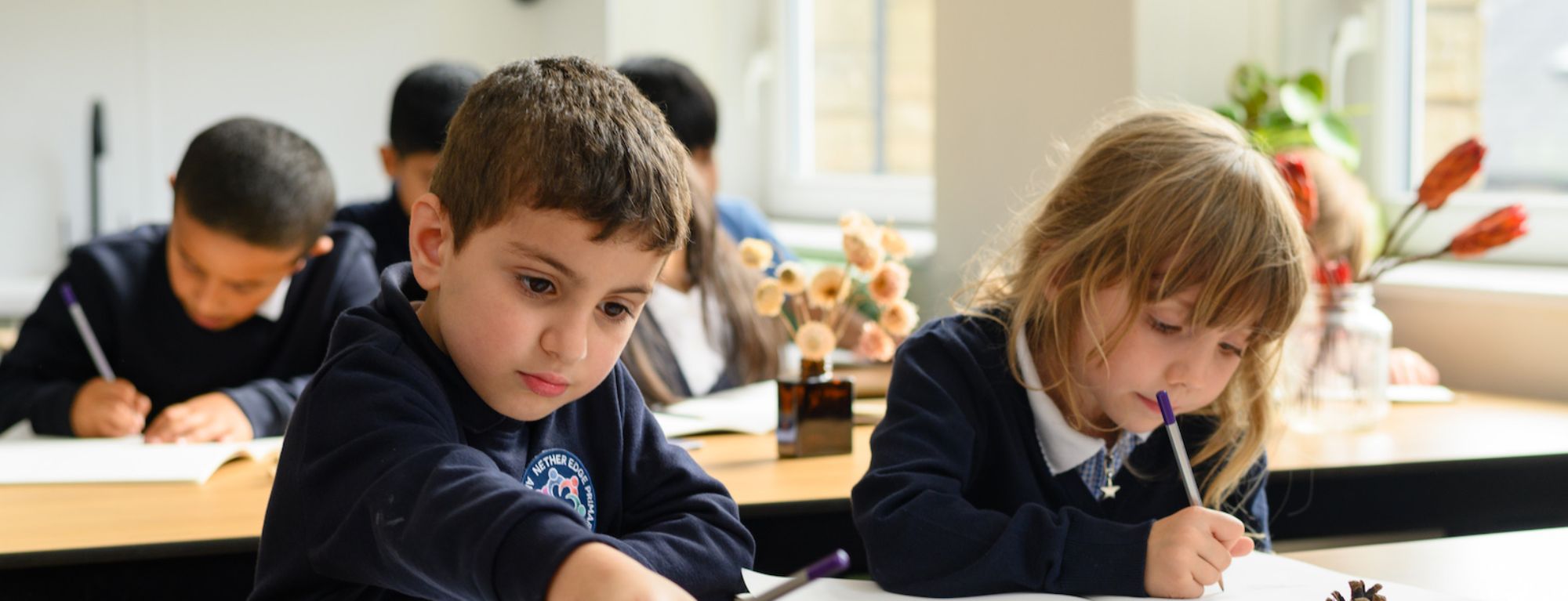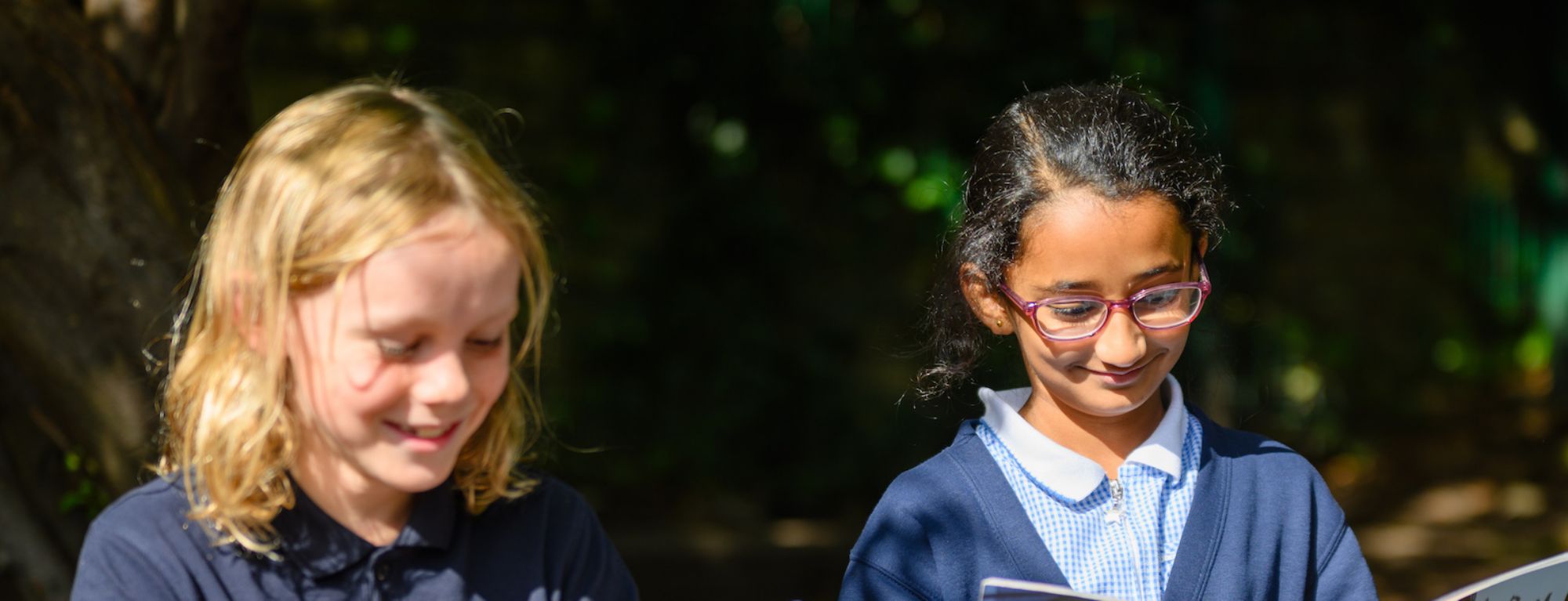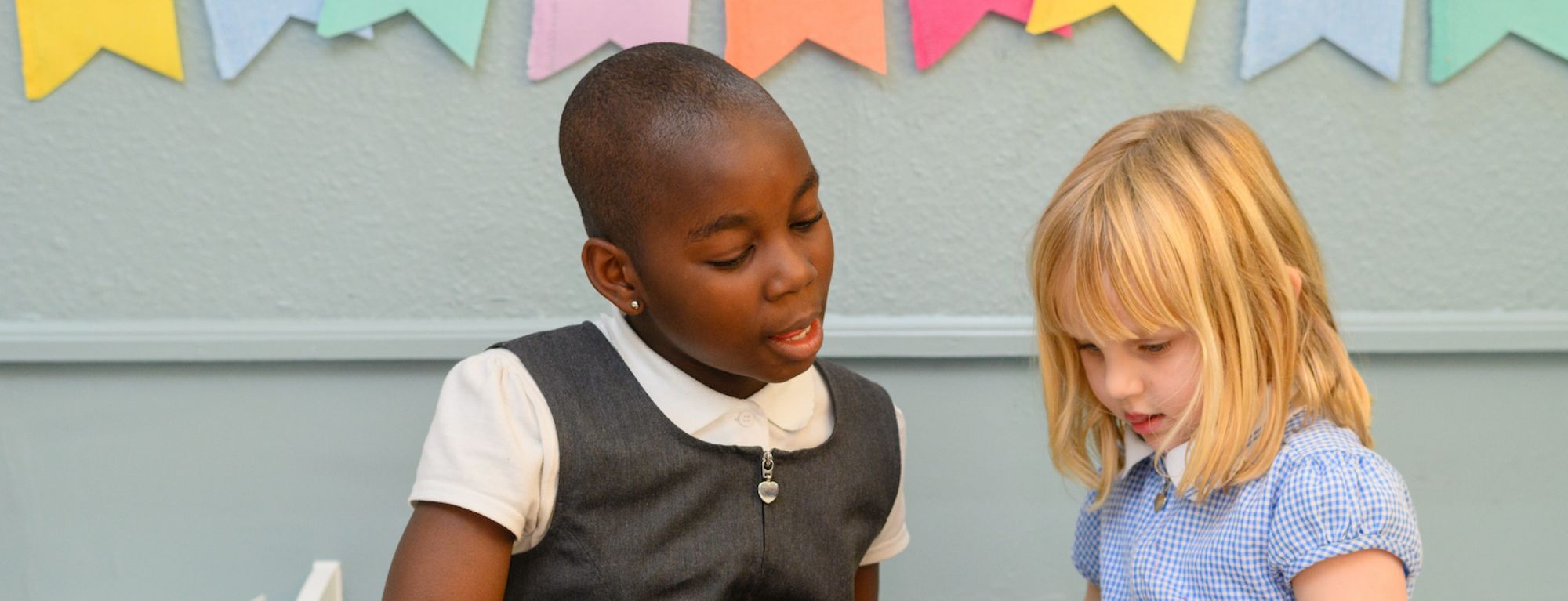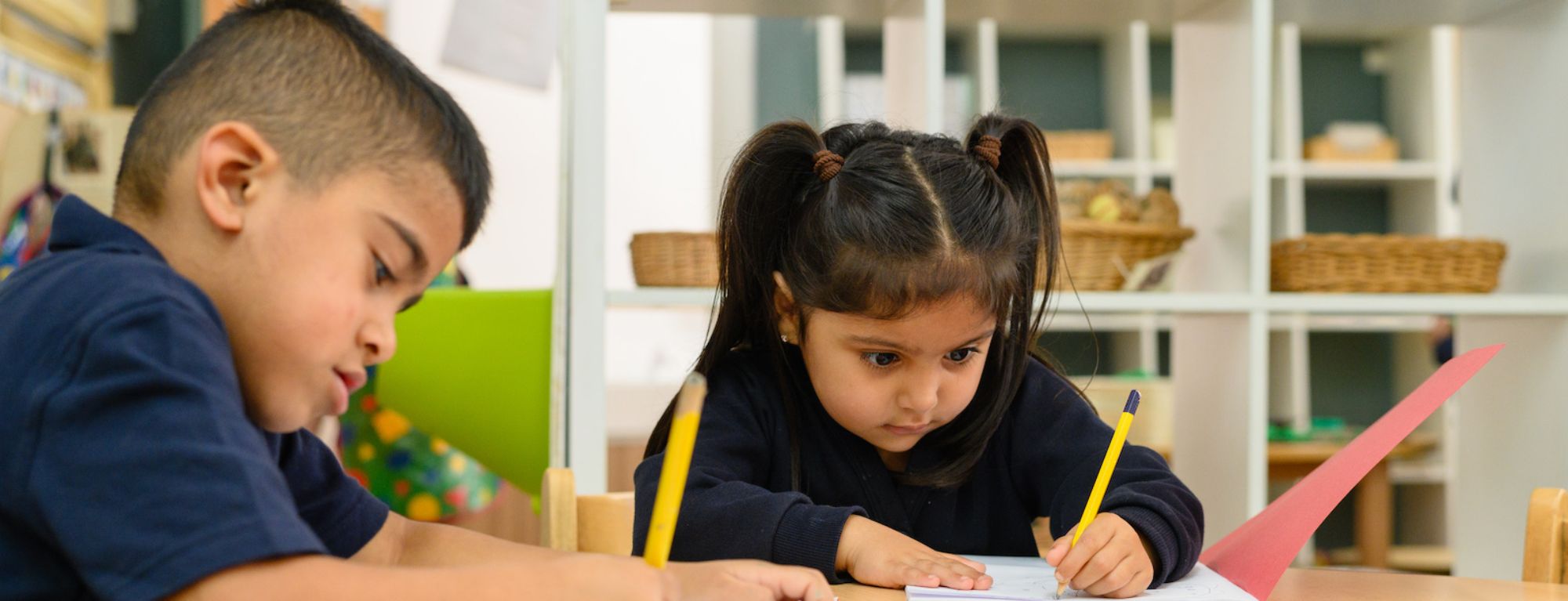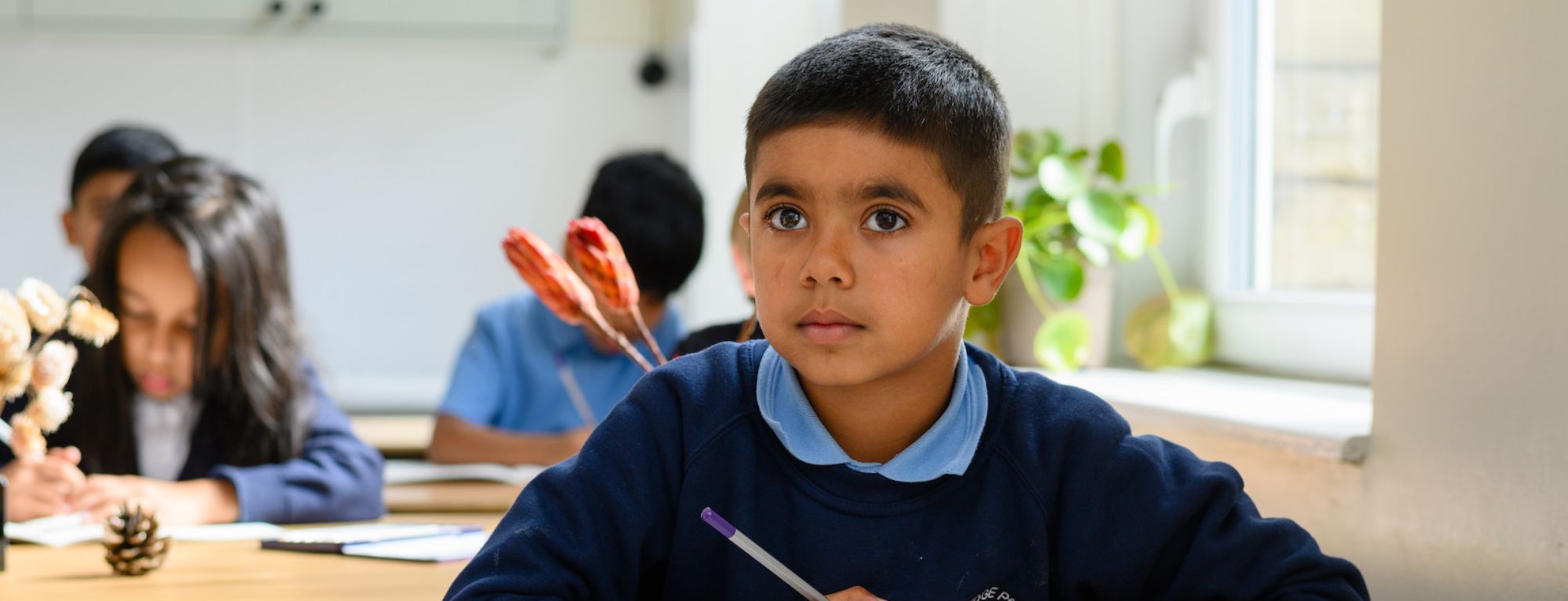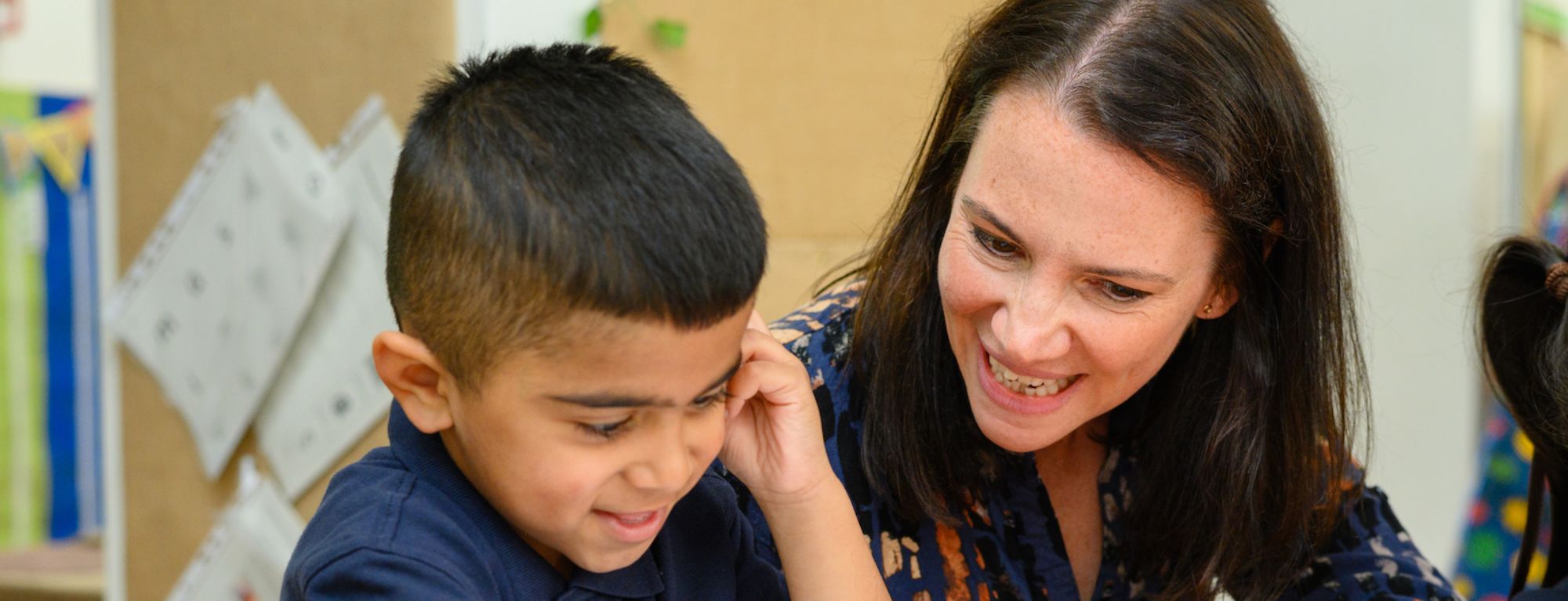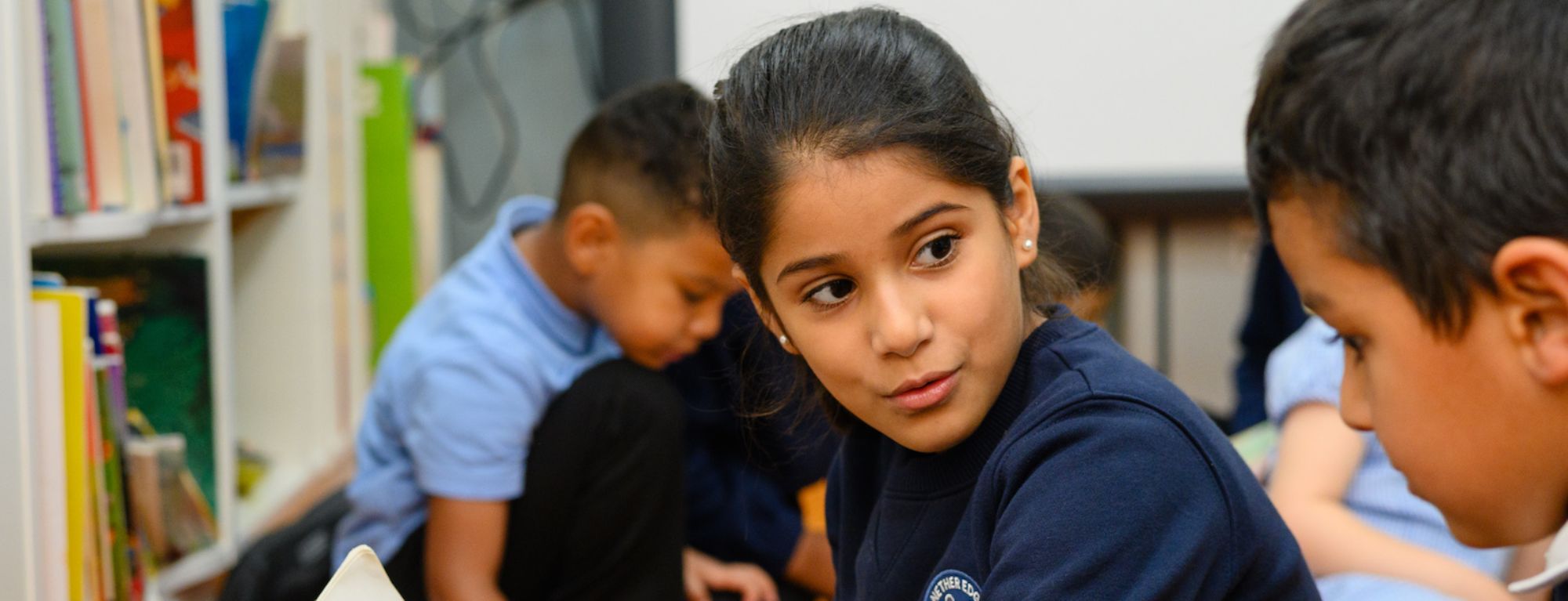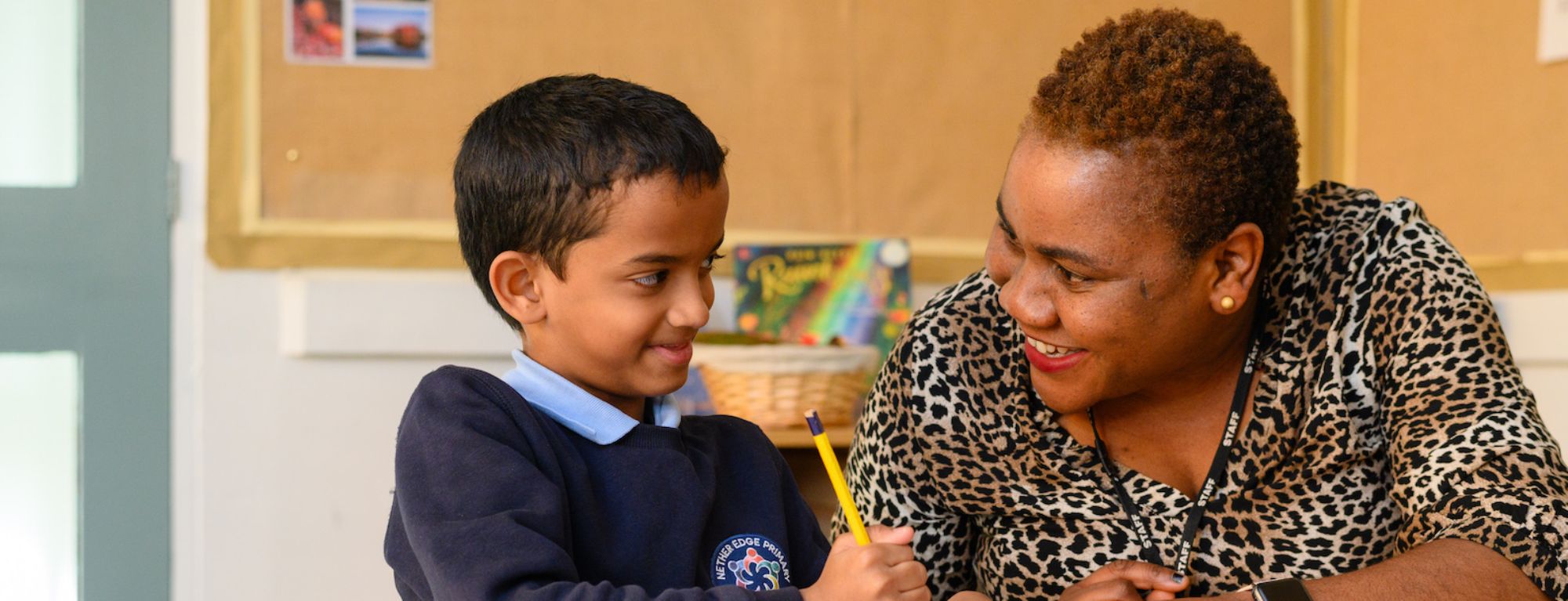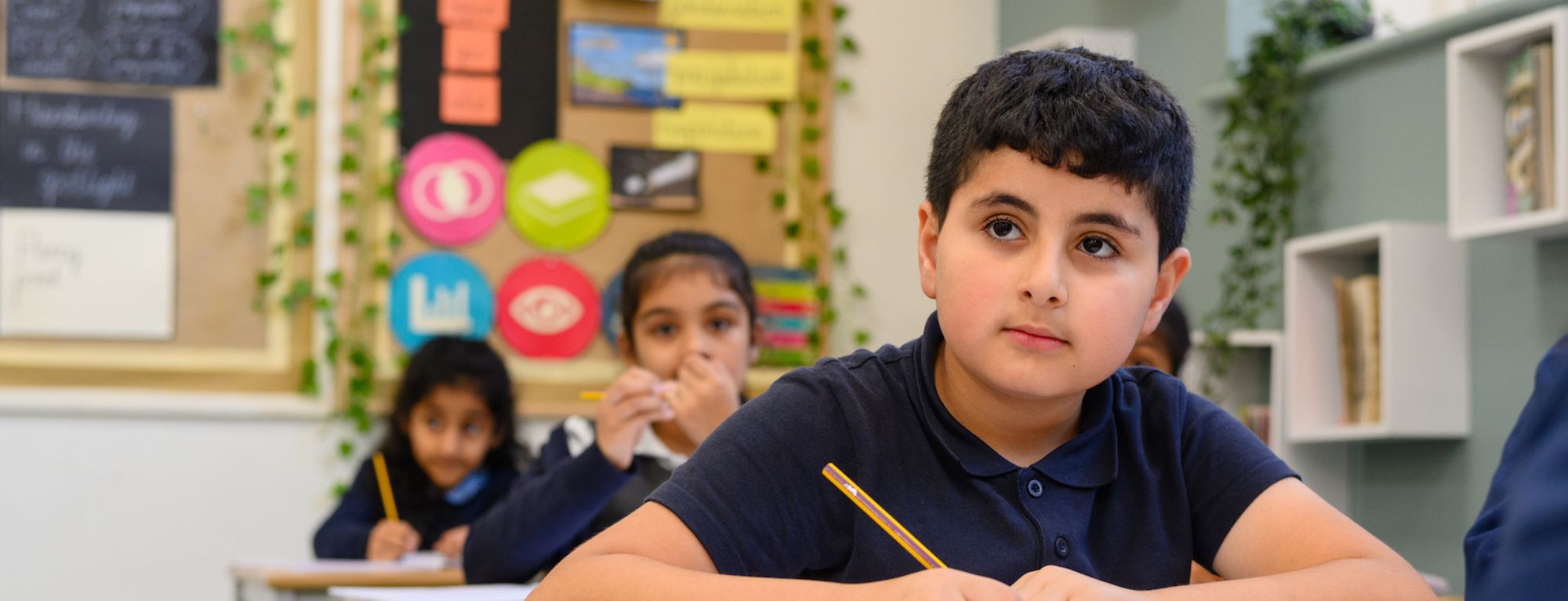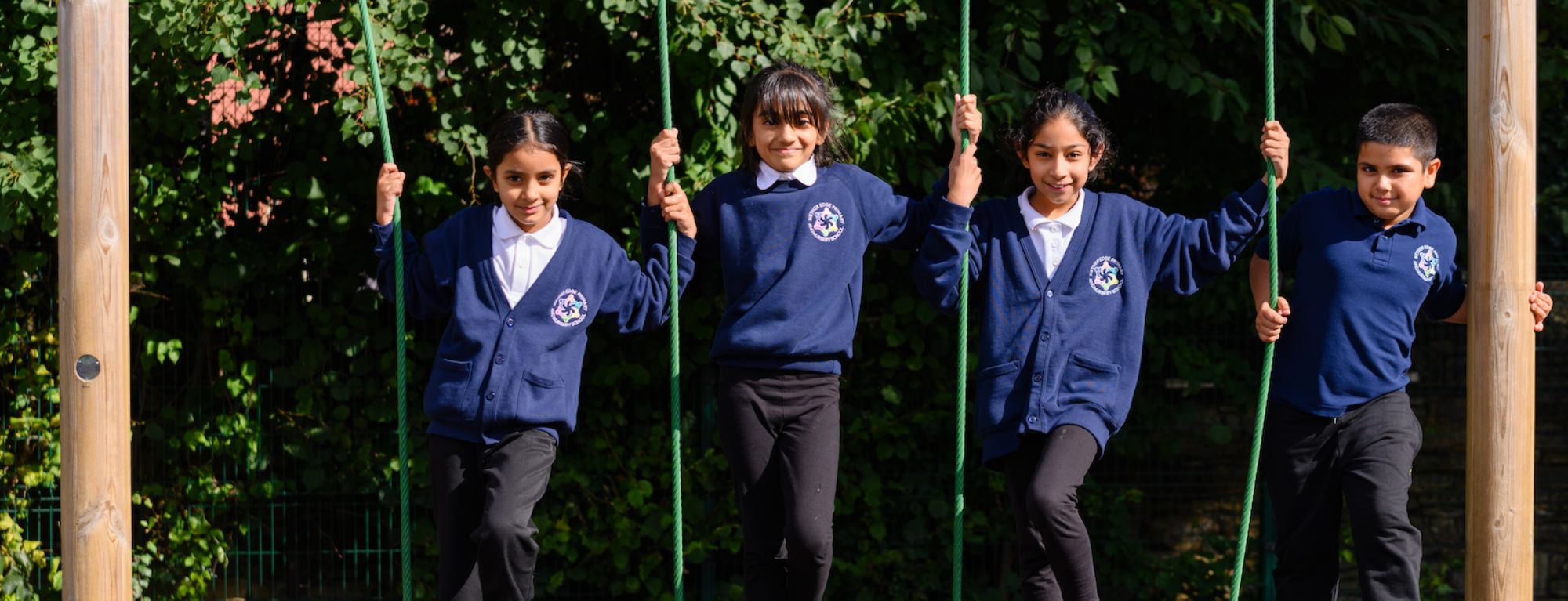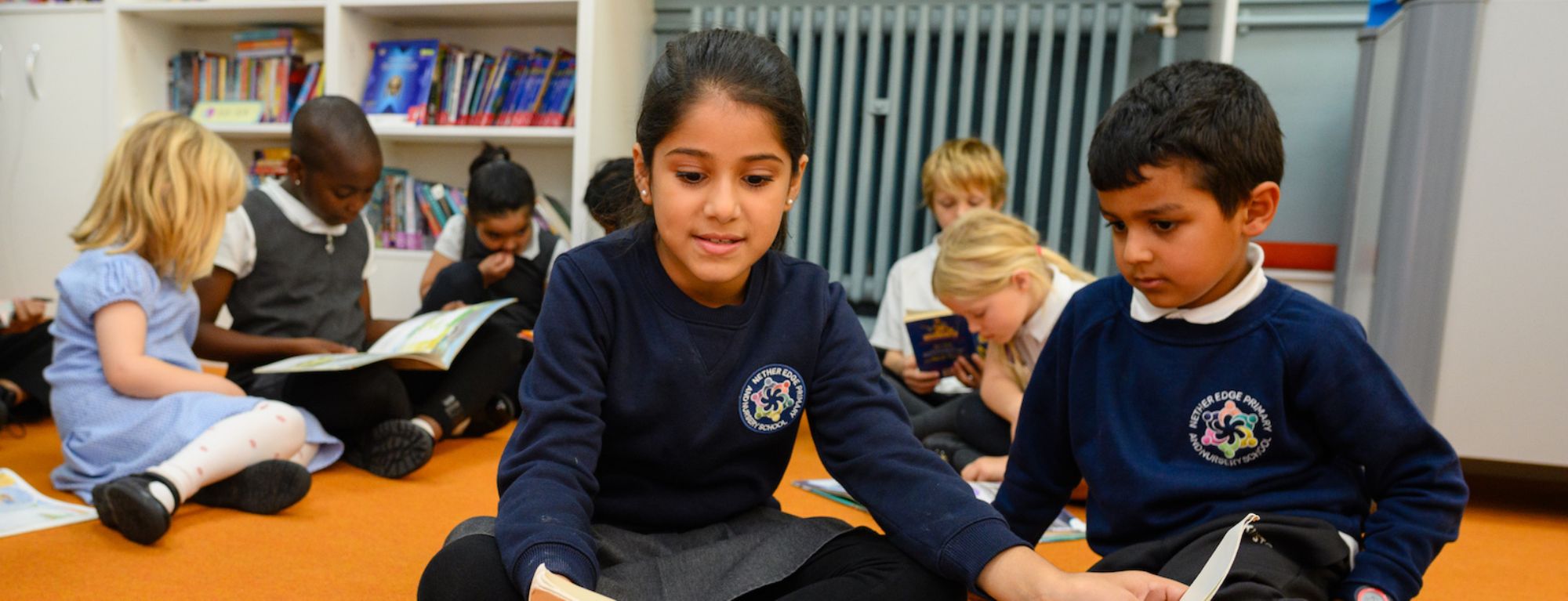Religious Education
Our curriculum is structured around the Sheffield SACRE framework but has been tweaked and refined to match the needs of our children. Sheffield is an ethnically diverse city and Nether Edge Primary sits in an area of higher than average ethnic diversity with twenty-two different home languages spoken by pupils within the school.
Religious Education is an important part of the work we do in developing the whole child and providing a rounded education. It is one of the ways in which our curriculum can address the wider needs of our learners by stimulating discussion and developing speaking and listening skills. It offers children the opportunity to explore the moral framework that they live their lives by, develops community minded citizens and allows them to access the positive ideas and role models that different religions can offer us.
Religious Education is also a vital tool in promoting our children’s understanding and respect for the beliefs of others. In order for them to be prepared and ready for life in 21st Century Britain, our children need to be able to understand and articulate confidently the beliefs of others in society that may be different to their own. We aim to inspire a curiosity towards the world around us as well as an increased capacity for understanding the core British values of respect and tolerance.
At Nether Edge Primary School, we celebrate diversity. While we have chosen Christianity as the main foci, a large proportion of our children are regular visitors to the mosque and mosque schools so we decided to place the key concepts of Islam at the earlier stages of our curriculum as they would be able to build on existing understanding. Christianity and Islam are explored in depth during KS1 to ensure that key concepts are consolidated in these religions in order to be able to compare these with other religions in KS2. To ensure a breadth of both Abrahamic and Dharmic religions, Hinduism is introduced in FS2 as part of exploring world celebrations (and then built on further in Y2) and we have elements of Judaism and Buddhism covered in KS2 so that children can compare religions and make links.
Our R.E curriculum begins in Early Years, this lays the foundations for Year 1 onwards. Our KS1 curriculum has been carefully sequenced so that Tier 2 vocabulary and concepts are revisited and embedded early on, meaning that children have the fluency of these words that they need in order to tackle and make sense of Tier 3 and subject specific words. Exploring key concepts such as leader, stories and worship in KS1 lays the foundations for children to compare and make links between religions and understand the diversity of religions in KS2. For example, examining Jesus as a leader and what makes a good leader in Y1, gives children the knowledge they need to ask questions and build a deeper understanding of the concept in Y4.
We want:
- Prior knowledge to revisited and embedded (Remember Mores)
- To develop children as speakers and thinkers.
- Children to understand their own positionality.
- Reading used a learning tool (Everybody Read).

